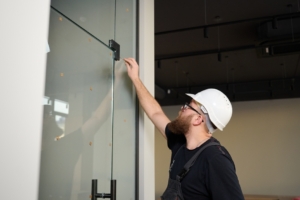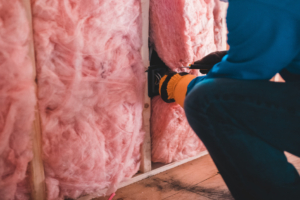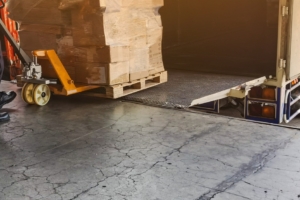Unique Ways To Improve Cleanliness in Cities

Cities are epicenters of commerce, culture, and community life. However, these urban centers can also be home to waste, pollution, and disease if city planners and managers don’t prioritize the necessary infrastructure. To ensure the health and well-being of your citizens, read on for unique ways to improve cleanliness in cities.
Organize and Incentivize Community Cleanup Days
One effective way of promoting cleanliness in cities is by involving residents in community cleanup days. These events offer opportunities for neighbors to come together, take pride in their city, and learn about proper waste disposal practices. To incentivize participation, city managers can introduce rewards or recognition programs for the individuals and organizations that engage in these events. These programs promote accountability and responsibility for maintaining a clean environment and foster a sense of pride and belonging within communities.
Plant Trees and Greenery Everywhere
Greenery plays a crucial role in reducing air pollution and enhancing the aesthetics of urban spaces. While trees don’t pick trash off the ground, they enhance a city’s beauty and make its air cleaner and safer to breathe. City managers should collaborate with local organizations and private entities to create a comprehensive urban tree-planting initiative. Additionally, consider unlikely places for greenery, such as building rooftops and freeway retaining walls.
Source Restroom and Shower Trailers
Access to proper sanitation facilities is a necessity for urban dwellers, particularly in densely populated areas. Restroom and shower trailers can be an innovative solution for both cleanliness and hygiene, providing citizens with comfortable and clean facilities where they may not otherwise have access. In particular, mobile shower trailers have many community benefits, including providing access to hygiene to unhoused individuals.
Invest in Reliable Public Transportation
Reliable and efficient public transportation contributes significantly to clean urban environments. A well-designed transportation system encourages citizens to leave their private cars behind, reducing congestion, pollution, and dependence on fossil fuels. City managers should invest in public transportation infrastructure and collaborate with stakeholders, including private companies and local advocacy groups, to promote the use of sustainable and efficient modes of transport.
Finding unique ways to improve cleanliness in cities is essential for the health and safety of their citizens. By implementing these ideas, you can help your city become a more vibrant, hospitable, and cleaner place for everyone to live, work, and play.





